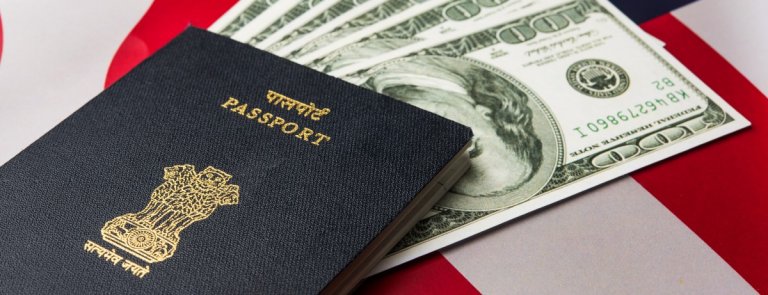
Former Infosys director and Chairman of Manipal Global Education T V Mohandas Pai believes the new and stricter rules for the popular H-1B visa program will unlikely affect law-abiding Indian IT companies significantly.
Instead, the new rules, which will further scrutinise a visa seeker’s specific and non-qualifying speculative assignments in speciality occupations, will only hurt body shops that abuse the system, according to the industry veteran.
“…larger companies are working within the law…There are some bodyshops which misuse the law, they will be hurt,” Pai told PTI, as quoted by Economic Times.
Strict H-1B visa rule not to impact Indian IT companies: T V Mohandas Pai https://t.co/QgoB5dmJ23 via @economictimes
— Ashok Taru Ray (@atr_sumana) March 4, 2018
Smaller players who are compliant with the law will not feel any adverse impact as well, Pai noted.
The H-1B visa allows American. employers to employ foreign workers in specialty occupations, defined as those requiring highly specialized knowledge in a field of human endeavours, such as the sciences, engineering, mathematics and the arts.
Applicants must possess at least a bachelor’s degree or its equivalent and state licensure, if required to practice in that field.
In a press release issued on Feb 22 to its officers, the US Citizenship & Immigration Services (USCIS) said:
“When H-1B beneficiaries are placed at third-party worksites, petitioners must demonstrate that they have specific and non-speculative qualifying assignments in a specialty occupation for that beneficiary for the entire time requested on the petition.”
If it is shown that the specified work is for less than three years, the visa would be granted for the shorter period. Previously, USCIS officers did not have to consider third-party contracts or the exact dates and place of third-party work.
Not everyone agrees with Pai that the new rules will not have an impact on visa seekers, however.
IT association Nasscom’s president, R Chandrasekhar, said it would be complicated for an immigration officer to establish the connections between qualifications and tasks, and that in practice this would bring in an element of subjectivity.
“The implication of this is there will be a lot more paperwork. A series of executive orders have been coming out. Each one by itself may not be much, but they have cumulatively added up to make it much more difficult and onerous for companies to use the H-1B route,” he said.
Indian nationals form the bulk of H-1B visa holders, though due to a country cap mandated by the US Congress, only seven percent of all green cards issued yearly go to Indians. This makes the process towards getting a green card take between 70 to 300 years according to the organization Skilled Immigrants In America (SIIA).
Under new restrictions by the Trump administration, it is also tougher for spouses of H-1B visa-holders as well as their children above the legal age to continue living or working legally in the US.
Liked this? Then you’ll love these…
More changes to H-1B visa rules this February
US: New H-1B visa rules may go into effect February 2018







